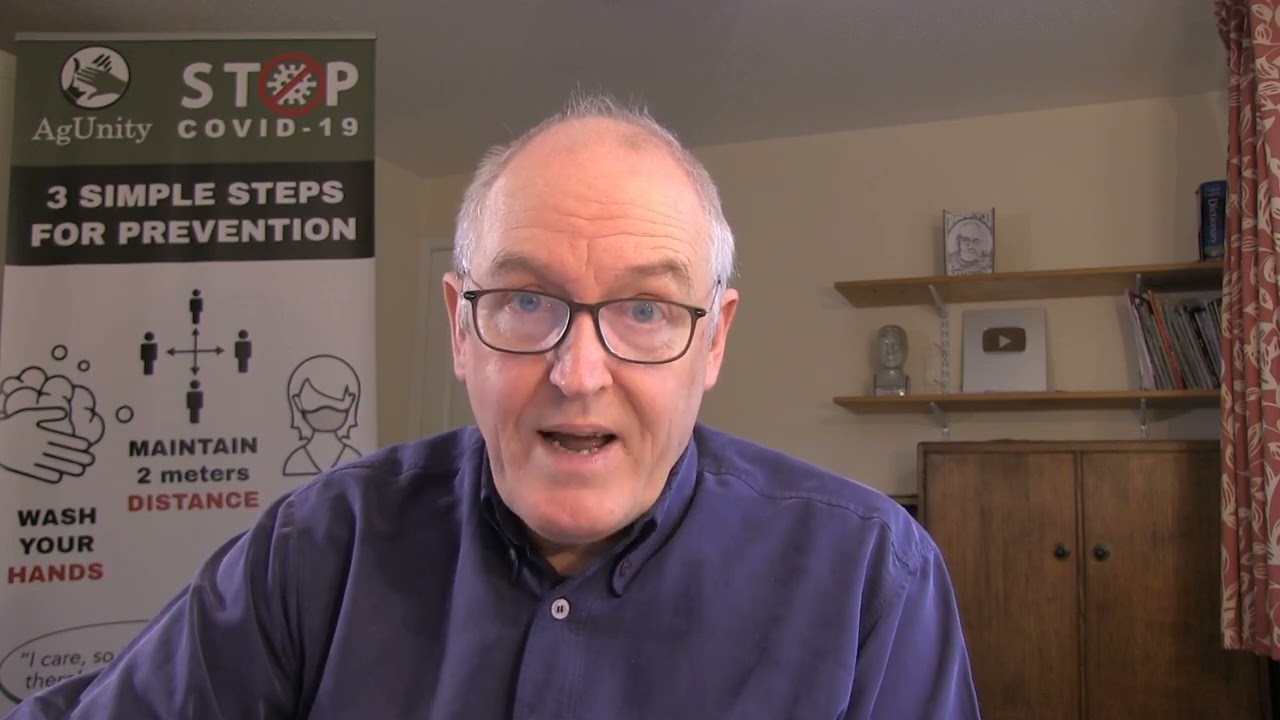EMA
https://www.bbc.co.uk/news/world-europe-56665150
possibility of very rare cases of blood clots combined with low levels of blood platelets occurring within two weeks of vaccination
86 European cases
plausible explanation for these rare side effects is an immune response to the vaccine
18 deaths
Benefits of the vaccine outweighed the risk
25 million doses
(One case per 290,697 doses)
(One death per 1,388,888)
Could not list specific risk factors such as age or gender, but most blood clot cases were women under 60
Emer Cooke
No available evidence of specific risk factors such as age, gender, or previous medical history of clotting disorders
This vaccine has proven to be highly effective – it prevents severe disease and hospitalisation, and it is saving lives.
Belgium
Restrict AstraZeneca to those aged 56 and above
Italy
Over 60s
No evidence to stop people having a second dose of AstraZeneca
Spain
Restricting AstraZeneca to those between 60 and 64
France
Given only to those aged 0ver 55
Germany
Over 60s, plus high-priority groups
Under-60s who have received an AstraZeneca first dose should get a different vaccine for their second
Norway and Denmark
Full suspension
Germany also says its
World Health Organization’s advisory vaccine safety panel
Blood clot link was plausible
not confirmed
very rare among 200 million people vaccinated with AstraZeneca globally
Statement from the Joint Committee on Vaccination and Immunisation (JCVI) on the use of the AstraZeneca COVID-19 vaccine
https://www.gov.uk/government/publications/use-of-the-astrazeneca-covid-19-vaccine-jcvi-statement
Acting on a precautionary basis, if these persons (under 30) are still unvaccinated, it is preferable for them to be offered an alternative COVID-19 vaccine, if available.
MHRA issues new advice, concluding a possible link between COVID-19 Vaccine AstraZeneca and extremely rare, unlikely to occur blood clots
https://www.gov.uk/government/news/mhra-issues-new-advice-concluding-a-possible-link-between-covid-19-vaccine-astrazeneca-and-extremely-rare-unlikely-to-occur-blood-clots
Slides from press conference
https://assets.publishing.service.gov.uk/government/uploads/system/uploads/attachment_data/file/976877/CovidStats_07-04-21-final.pdf
Medicines and Healthcare products Regulatory Agency (MHRA)
Possible risk of extremely rare and unlikely to occur specific types of blood clots
MHRA has undertaken a thorough review into UK reports
Very rare and unlikely to occur, cerebral venous sinus thrombosis (CVST)
Occurring together with low levels of platelets (thrombocytopenia)
It is also considering other blood clotting cases (thromboembolic events) alongside low platelet levels
Most presenting within 14 days of first dose
Analysed by
Commission on Human Medicines (CHM)
https://www.gov.uk/government/organisations/commission-on-human-medicines/about/membership
COVID-19 Vaccines Benefit Risk Expert Working Group
Up to and including 31 March 2021
20.2 million doses of AstraZeneca had given in the UK
Overall risk of these blood clots is approximately 4 people in a million
(One in 255,696)
MHRA had received 79 UK reports of blood clotting cases alongside low levels of platelets
44 of the 79 cases were of CVST with thrombocytopenia
35 of the 79 cases were of thrombosis in other major veins with thrombocytopenia
79 cases occurred in 51 women and 28 men, aged from 18 to 79 years
19 deaths
(One in 1,063,157)
19 people have died out of the 79 cases, 13 females and 6 males
11 out of the 19 people who died were under the age of 50
3 of whom were under 30
14 of these 19 cases were of CVST with thrombocytopenia
5 of the 19 were thrombosis with thrombocytopenia
All 79 cases occurred after a first dose of the vaccine
UK CoViD deaths
8th April, + 53 = 126,980
or 149,968
Level of risk
31 March numbers, slightly higher than 24 March
Anyone who did not have these side effects should have second dose
Pregnancy predisposes to thrombosis, discuss with their healthcare professional
Precautionary measure, seek prompt medical advice
Shortness of breath, chest or persistent abdominal pain, leg swelling
Blurred vision, confusion or seizures
Pin-prick rash or bruising beyond the injection site
New onset of severe or persistent headache that does not respond to simple painkillers starting four days or more after vaccination should speak to their doctor.
Dr June Raine, MHRA Chief Executive
Use Yellow Card Website
https://coronavirus-yellowcard.mhra.gov.uk
It is still vitally important that people come forward for their vaccination when invited to do so
Advice for health care professionals
https://www.gov.uk/government/publications/regulatory-approval-of-covid-19-vaccine-astrazeneca/information-for-healthcare-professionals-on-covid-19-vaccine-astrazeneca
Following administration, the S glycoprotein of SARS CoV 2 is expressed locally stimulating neutralising antibody and cellular immune responses.
Source
